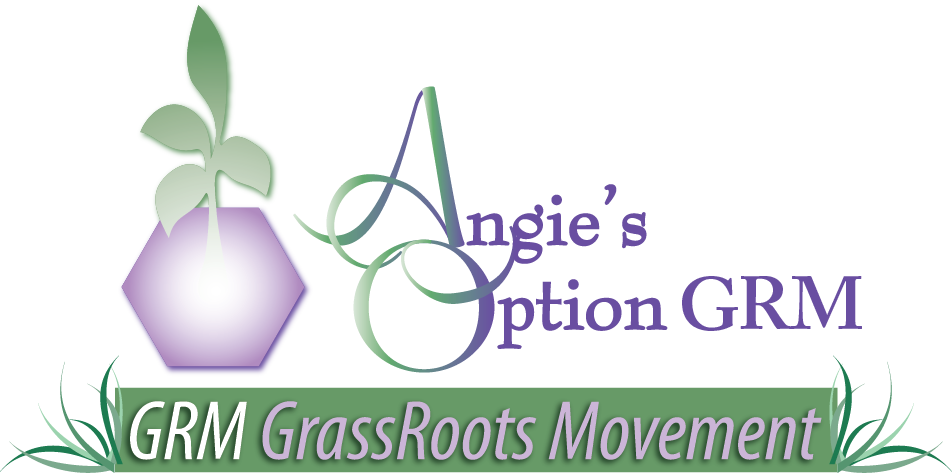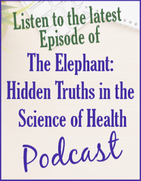Larry A. Law
Non-Rapid Eye Movement (NREM) sleep consists of slow, repeating waves with occasional bursts of activity called sleep spindles. Sleep spindles shield the brain from external noises. The more sleep spindles you have, the more resilient your sleep will be. People who don't have as many sleep spindles are more easily awakened by noise. NREM waves are generated in the middle of the frontal lobe and move from the front of the brain to the back. Thousands of brain cells unite and fire at the same time. This is called neural synchrony. Toxins in the brain are flushed out during NREM sleep in a process called neural sanitation. This is accomplished via the glymphatic system which consists of glial cells located next to the neurons. This system drains contaminants from the brain just like the lymphatic system does for our body. It's one reason why our sleep is so important as it's a powerful cleanse getting rid of amyloid plaque like tau, which is a plaque associated with Alzheimer’s disease. NREM sleep is also responsible for the file transfer process which moves fragile, short-term memory in the hippocampus (where the short-term memory is stored) to more permanent, safer long-term storage in the cortex. This enables the brain to reflect upon outside world experiences gathered during the day and distill the lessons learned from those experiences. In this way, the brain stores and strengthens new facts and skills. The first part of sleep, early in the sleep cycle, is rich in NREM (compared to Rapid Eye Movement (REM) sleep) and it provides the superior memory retention and even the selective forgetting we need. Who knew we needed to forget in the night! But if you think about it, our forgetting helps us to put aside all the trivial things we can get bogged down with. That is also a kind of cleanse. There is an interesting thing to observe in someone who is drifting off to sleep and entering Stage 1 of NREM sleep. Their eyes will gently begin to roll in their eye sockets in perfect dual harmony. It can be seen through their eyelids, but an observer must be careful not to freak them out by waking them while they are being watched! Another interesting feature of NREM sleep is that a person does not dream during this stage. You have to be in REM sleep to dream. REM sleep is called paradoxical sleep. The brain appears to wake up but the body is asleep. In fact, the body is completely paralyzed during this cycle. Muscles don’t respond to what you are dreaming so you don’t hurt yourself by acting out your dreams! Your body is completely limp like a rag doll. Involuntary muscles (breathing, heartbeat, etc.) continue to work, but voluntary muscles in your limbs do not respond to what your brain is experiencing.
During REM sleep, signals, emotions, motivations, and memories (past and present) are all played out on the big screen of the brain’s visual, auditory, and kinesthetic sensory cortices. This type of sleep integrates/blends, interconnects, and expands details of memory to make a more accurate model of how the world works. It also allows you to create innovative insights and solve problems. Creativity is a priority of REM sleep. Bizarre algorithms work towards making connections between vast stores of information. They enable us to make non-obvious associations. Insight and inspiration come during this type of sleep. Anyone who has gotten up from a deep, peaceful, restful sleep and has an ahha moment or flash of insight from a waking world problem will recognize how important REM sleep is! So, how do we ensure we get enough sleep spindles? How do we make sure our NREM and our REM is maximized for our optimal benefit? No one really knows, but my guess is our diet and the nutrition in it play a big part of that! To learn more on how a person can improve their nutrition, see my book. For my wife, Angie, it took her two years of consistent, good nutrition before she began sleeping through the night without waking up or knowing she was trying to sleep! This was a huge benefit for her health and a welcome gift to finally be sleeping well each night.
8 Comments
Dee
8/11/2020 03:58:01 am
Gday, appreciate your articles. I’ve supplemented with glyconutrients and PLUS along with Catalyst , Probiotics, extra Cold for more than a dozen years. I’m still a ‘stay awake many hours of the night’ person. ReMag has helped a tad but if I thought more would b better I’d scoff barrow loads of the above. Any suggestions would b appreciated. ‘Sleep for the working man is sweet’ and though I work outdoors in the garden for at least 5,000 steps, my 72 year old self prefers to stay awake onight and then need an hours nap at midday. Thankyou
Reply
Good for you to be proactive with your health! Unfortunately if sleep is still something not as restful as you'd like, you wouldn't be alone even for those who do take care of their nutrition, exercise etc.
Reply
Jerilyn
1/11/2022 01:17:37 pm
Evidently, I'm reading this article almost a year and a half after it was written! Maybe better late than never?! Instead of ear plugs, I use a white noise machine to block out the noises that would awaken me more easily without the background noise going. My husband tends to snore intermittently. Even though I don't turn the noise machine on loud enough to completely block out his snoring (it would have to be on TERRIBLY loud in order to do that), it seems that the mild background noise evens out the sound level in the bedroom. Therefore, when his snoring starts up or ceases, the sudden change in noise level is less stark, and it keeps me from waking up each time he starts or stops snoring. It also helps wipe out any other noise people may be making in other areas of the house. Before I used the white noise machine, sometimes the birds outdoors, who often start singing as early as 4 o'clock in the morning during the summer, would wake me up LONG before I was wanting to get up! Not a problem anymore! Whatever problems Angie may be referring to with ear plugs could perhaps be avoided by using a white noise machine instead. Hope this is helpful.
Larry Law
1/12/2022 07:20:13 pm
Jerilyn, 8/11/2020 10:25:54 pm
From what you have written, it's not the amount of sleep one gets that is most important, but that one gets to go through at least 1 or 2 cycles of the stages of sleep. Is that a correct interpretation of your article or are the number of hours per night also important?
Reply
Larry Law
8/12/2020 05:21:30 pm
Both concepts are related. Each non-REM and then REM cycle lasts about 90 minutes. Researchers estimate that we need 5 or 6 of these cycles to feel fully restored. That would require 7.5 to 9 hours of sleep. As we age it gets more difficult to meet this goal. Older adults will take more naps to compensate for poor quality sleep due to nighttime sleep fragmentation issues, i.e., interruptions at night (sleep apnea, restless leg syndrome, insomnia, frequent urination, decreased melatonin production, blue-light emitting devices, etc.). A great book on this is by Daniel J. Levitin titled Successful Aging.
Reply
Lori Pardall
8/13/2020 02:45:23 pm
I rarely have trouble going to sleep, I just can’t stay asleep. I wake up at different times of the night. It’s not always to go to the bathroom either. I was checked for sleep apnea I don’t have it. I’ve tried reading but I never get tired. My room is as cold as I can get it. Even in the winter when I can get it cold I still wake up.
Reply
That would be soo frustrating! Do you have a sense of why you wake up? Are you hearing a noise? Or is it that you just sleep so lightly that you aren't ever feeling like you are in a deep, sound sleep? Have you been incorporating sugar-nutrients? For me, it was two years after I had been taking good nutrition especially the critical sugars before I noticed a change with my sleep. If I fell asleep I woke or at least felt I was close to waking always. Larry will be writing more articles on sleep...maybe there will be something else in them could be helpful. Keep asking and seeking for answers as surely there is a solution! Blessings, Angie
Reply
Leave a Reply. |
BlogArchives
July 2024
Categories
All
|
© Angie's Option GRM. All rights reserved.



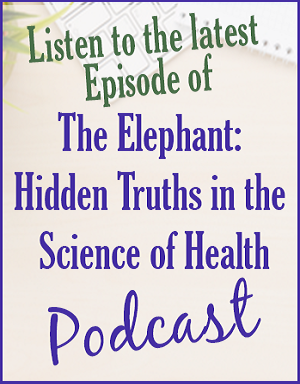

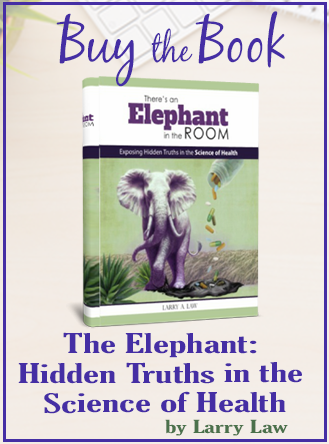
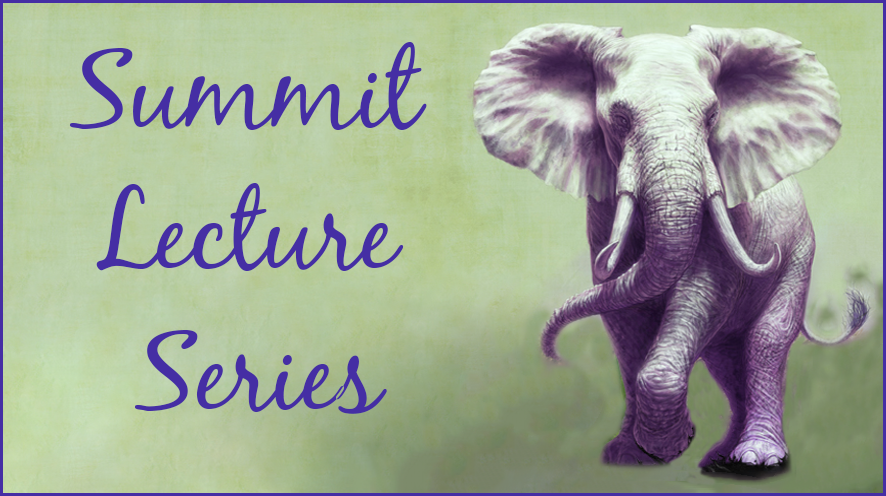
 RSS Feed
RSS Feed
